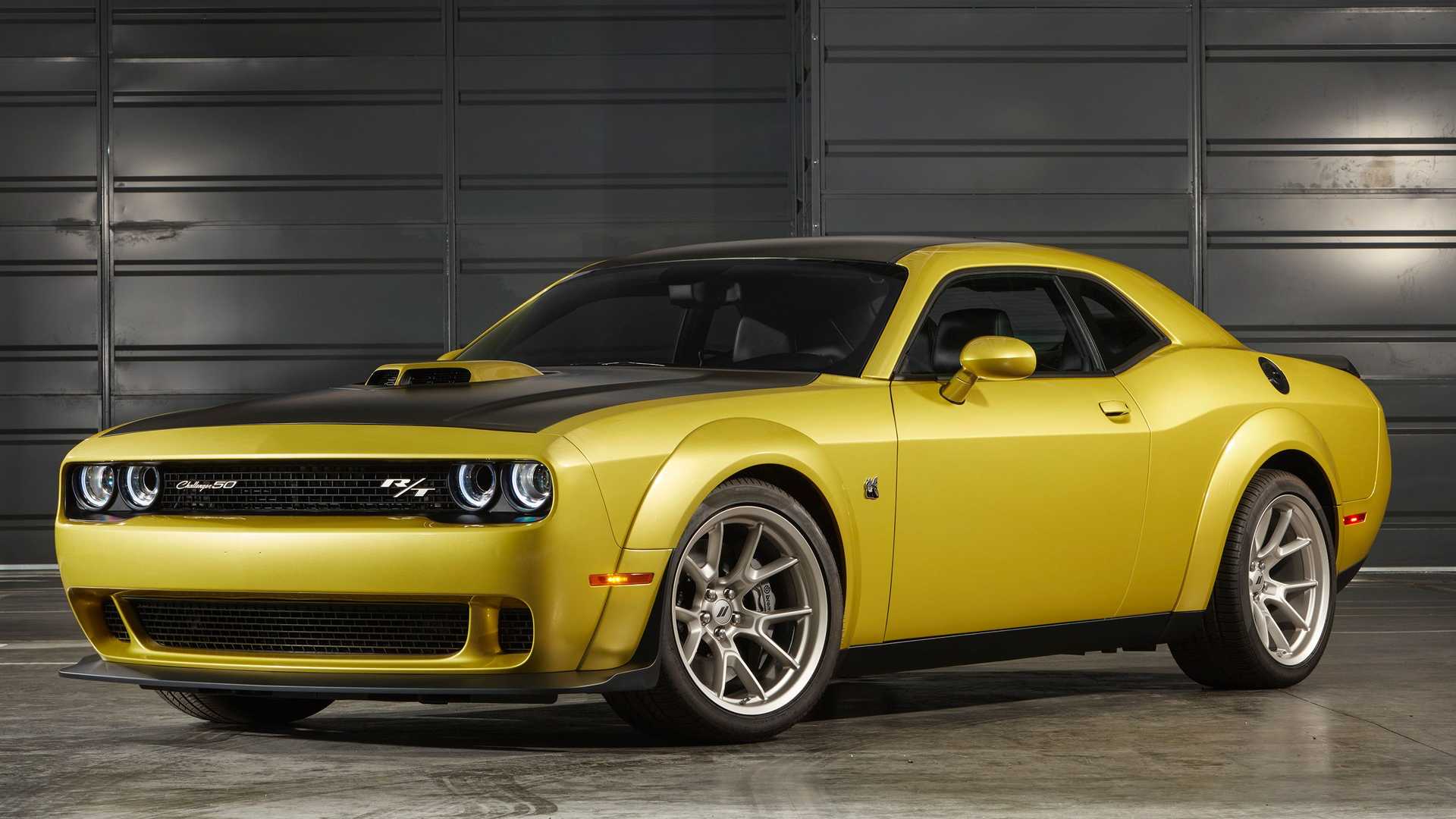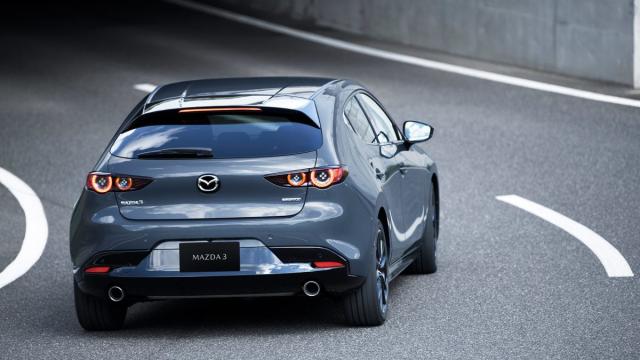Consumer Reports has just published the 2020 edition of its annual list of the most reliable car brands, and Mazda has taken top honours.
The maker of Miatas, stylish compacts, and crossovers with a pulse has stolen the number one spot from Lexus, which slides to third for the year. Splitting those two is Toyota, though the gulf between Toyota and Mazda is pretty sizable for this list, at 9 points.
The rankings are derived from a survey of Consumer Reports members, and this year’s data was sourced from a total of 329,000 vehicles. Consumer Reports asks those queried to document any problems they’ve noticed in the past 12 months. The biggest gains in terms of year-over-year performance were reserved for Buick and Honda, ranked fourth and fifth, respectively.
Meanwhile, Tesla and Lincoln bring up the rear of the list, with the Model Y and Aviator scoring the lowest of any cars in Consumer Reports’ 2020 field. Given the Model Y war stories we’ve heard, though, this isn’t particularly surprising. Here’s the full list of brands ranked, from top to bottom:
- Mazda, 83
- Toyota, 74
- Lexus, 71
- Buick, 70
- Honda, 63
- Hyundai, 62
- Ram, 58
- Subaru, 57
- Porsche, 55
- Dodge, 54
- Infiniti, 54
- BMW, 52
- Nissan, 51
- Audi, 46
- Kia, 45
- GMC, 43
- Chevrolet, 42
- Volvo, 41
- Jeep, 41
- Mercedes-Benz, 40
- Cadillac, 38
- Ford, 38
- Mini, 37
- Volkswagen, 36
- Tesla, 29
- Lincoln, 8
Looking at the most and least reliable models across all brands, The Toyota Prius scored a 93, earning it the title of Most Reliable Car, though the Miata averaged 98 points if you drill into Mazda’s per-vehicle results. (I couldn’t find an explanation for why the Prius was deemed most reliable.) Even the Dodge Challenger scored a 91.

There seems to be a theme here. Models that have been rolling off production lines for more than a couple years and have enjoyed time to mature tend to survey better than those still plagued by first- or second-year glitches and gremlins yet to be stamped out. The Mazda 3, for example, which was all new for last year, averaged just 64 points.
While the Jeep Wrangler (27 points) still finds itself finishing far down on the wrong side of the list — even though the JL already has two years under its belt — the Gladiator weirdly bucked trends and scored a basically-perfect 99 points. Of course, sample size becomes an issue for totally new 2021 vehicles like the Gladiator. In cases such as these, Consumer Reports makes an inference, called Predicted Reliability:
“We will make a prediction for a brand-new or redesigned model, or a model with insufficient data, based on the manufacturer’s track record, history of the previous generation, or similar models that shared the same components. Of course, this is only a prediction, and these scores are not a guarantee of the reliability of any individual car. However, buying a car that has an above-average score for Predicted Reliability will reduce the likelihood of having significant problems with your car.”
Determining reliability in this way is an inexact science with many variables (not to mention the risks of self reporting), so Consumer Reports’ findings aren’t guarantees by any measure. That said, the takeaway I’m choosing to leave with here is that if you want reliable motoring, Miata is apparently the answer for that, too.
